On the Beach (1959)
“We’re not machines; we’re not going to fall over in rows, you know.”
|
Synopsis: |
|
Genres, Themes, Actors, and Directors:
Response to Peary’s Review: … and how “heartbreaking” it is “watching Anthony Perkins, an officer in the Australian navy, tell [his] wife Donna Anderson, who never worried much about anything, that they’ll soon be dead.” Peary adds that “Fred Astaire does fine in his first dramatic role, playing a disillusioned scientist who expresses the film’s themes: if we have nuclear weapons, they will be used, intentionally or by accident.” Taking up quite a bit of initial screentime is the potential affair between boozy Gardner and stoic Peck, who (at least at first) acts as though his wife and children are still alive. Eventually, however, all characters find their own way to make sense of their inevitable deaths — and, other than a critical mission to determine whether random morse code signals coming from San Francisco might be signs of life, it’s these various subplots which make up the heart of the film. One is definitely forced to wonder: what would you do if you knew you only had a few days or weeks left to live? Would you have an affair, drink, party, attempt to return to your place of birth, plot your death peacefully in advance, engage in your favorite (albeit highly risky) sport: … and/or simply despair? All are possibilities covered here. While the film feels overly somber and slow-paced at times, I suppose there’s no way around this; unlike in (for instance) Five (1951) and The World, the Flesh, and the Devil (1959), there is no cautious optimism offered up to viewers here. Notable Performances, Qualities, and Moments:
Must See? Links: |
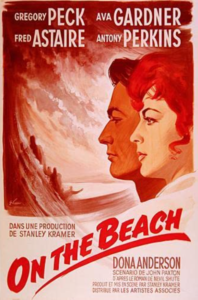
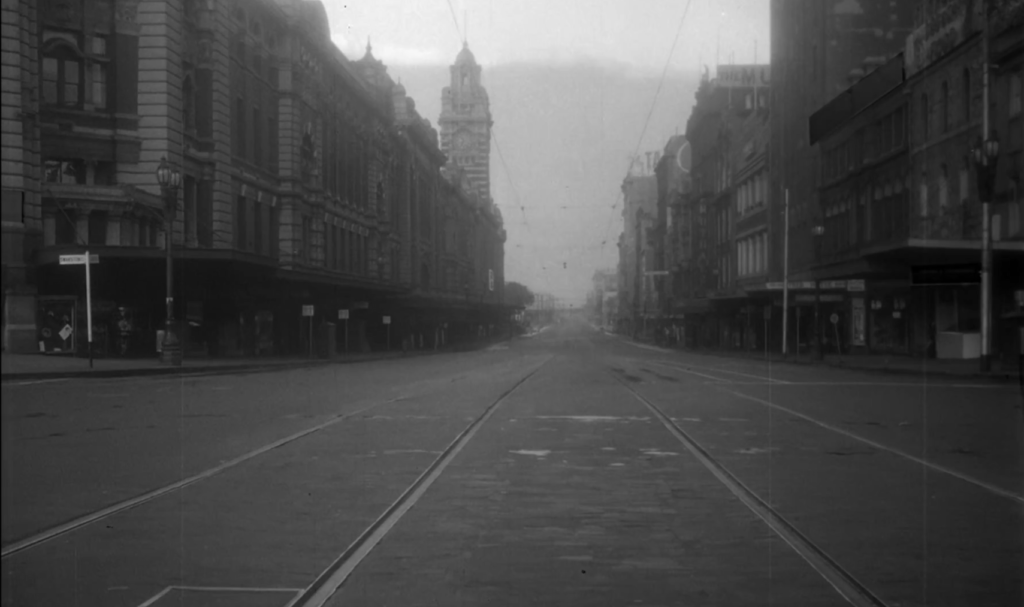
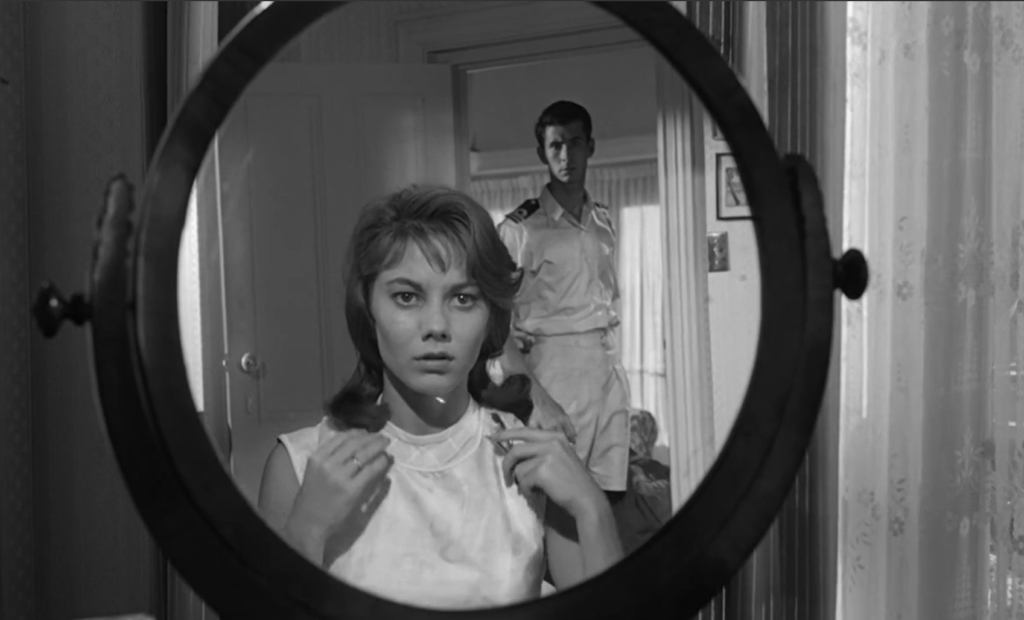
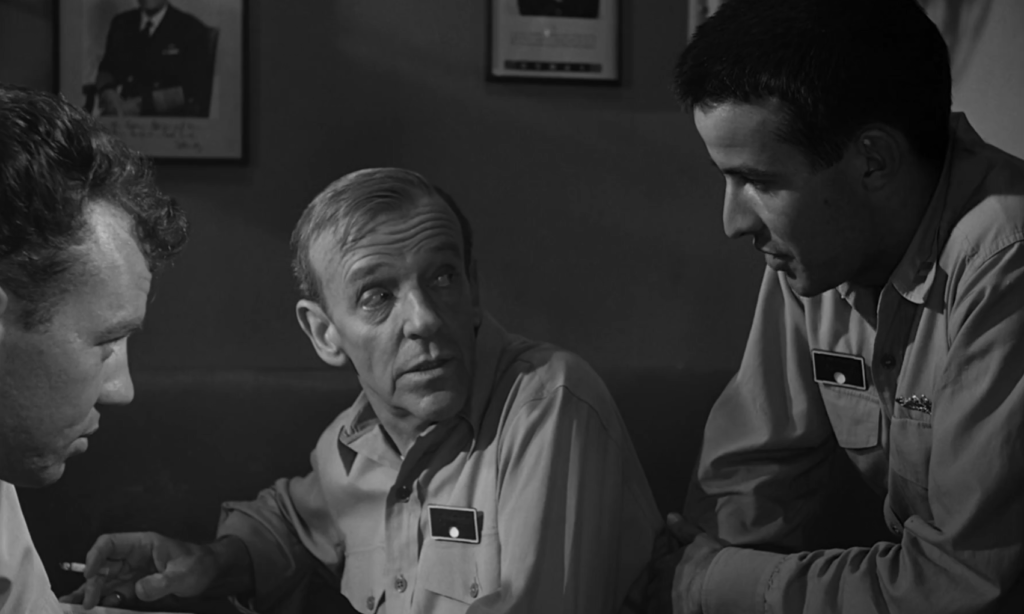
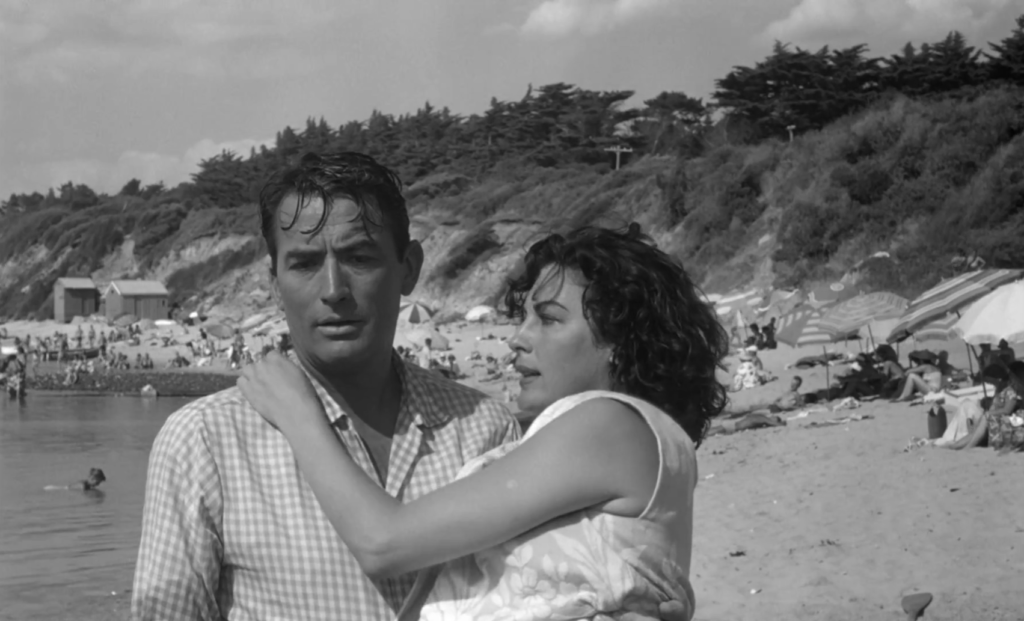
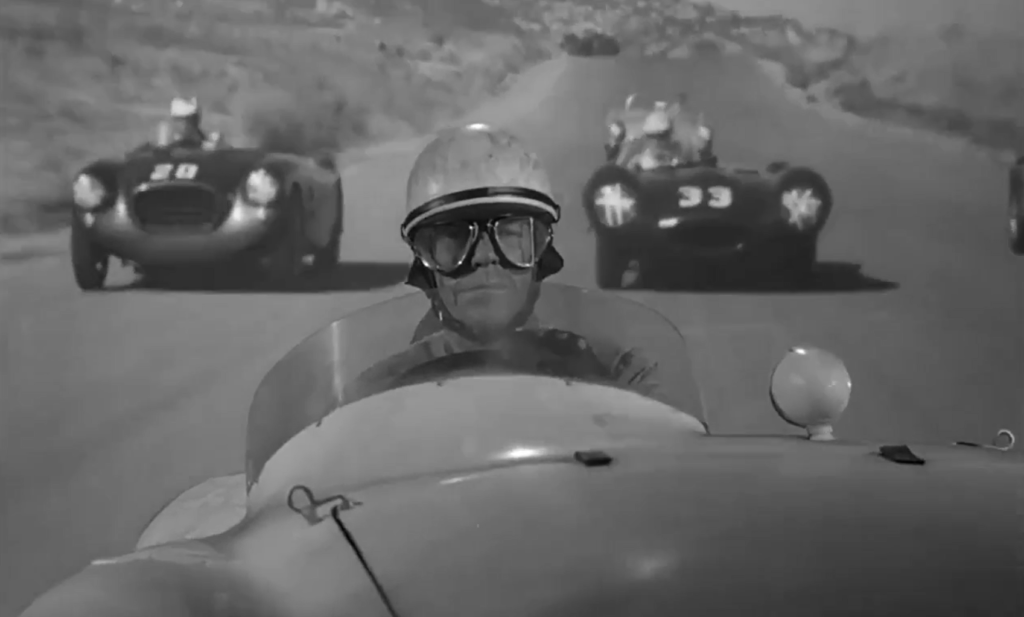
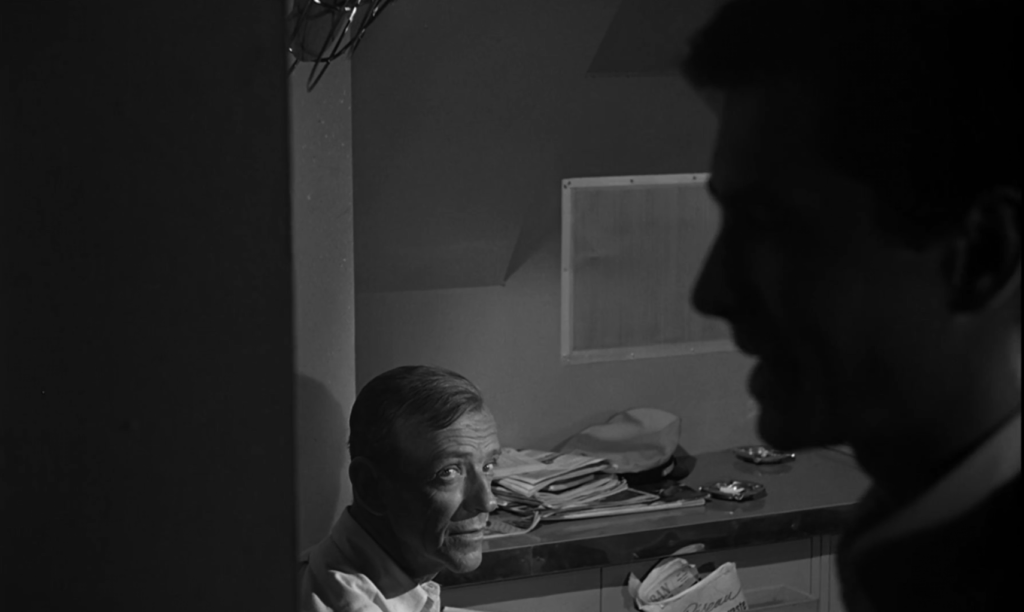
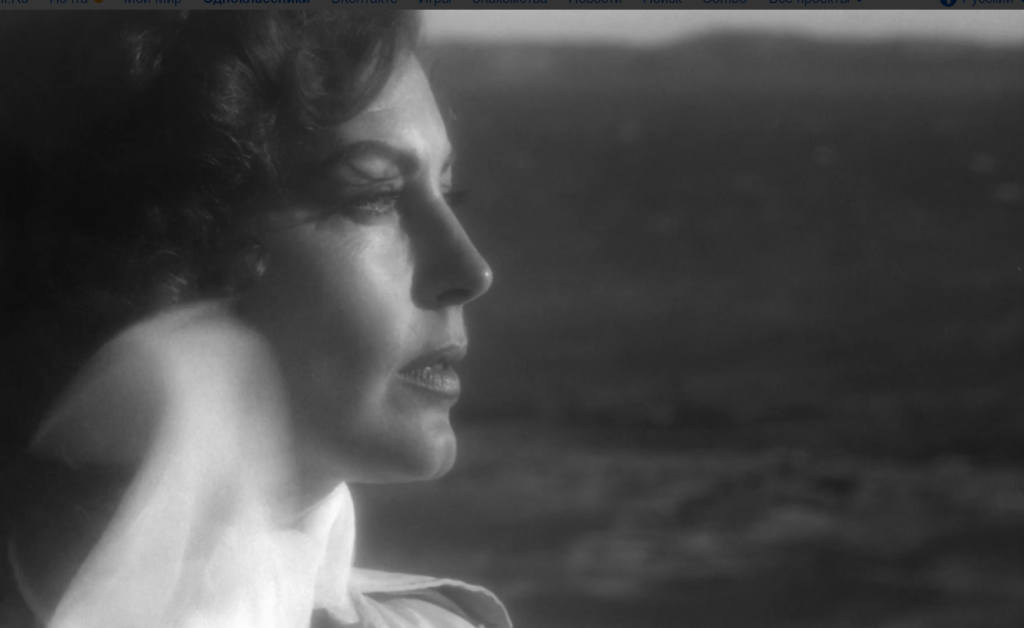
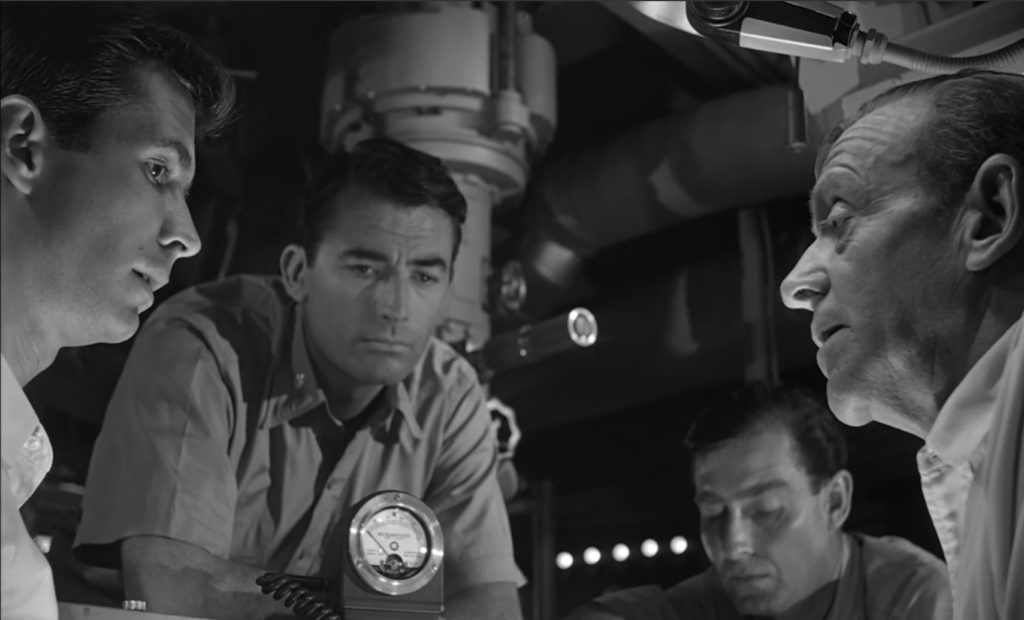
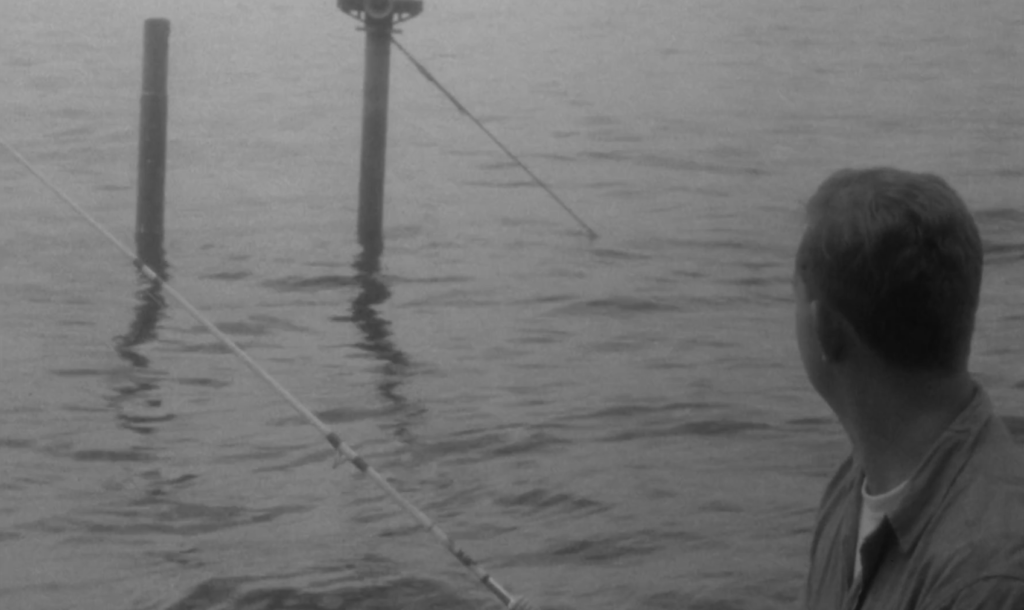
One thought on “On the Beach (1959)”
A once-must, for its subject matter. As per my 9/2/19 post in ‘The ’40s-’50s in Film’ (fb):
“But nobody listened.”
‘On the Beach’ (1959) [blu-ray]: I hadn’t seen this since I was a kid – and had little memory of it. …Within the first 5 minutes of the film, we more or less know its conclusion: the last survivors of a nuclear war will soon die from the spread of radiation. We seem to be set-up for a film full of inertia (and that threat remains periodically throughout the film). But, aside from its rather admirable premise, what (for the most part) keeps the film going is its study of how different types of people deal with facing the inevitable: some are pragmatic, some are in denial, some cling to any scrap of hope for the future, etc.
Today… the film’s worth is in its warning: guard the planet and the people on it… or risk the annihilation resulting from your own stupidity. (Today, it seems we may not even have to worry about nuclear war, since our ‘leaders’ are concentrating on fucking us all up and out of existence through denial of climate change.)
The film was not a box-office hit (who went to this on date night???). Like the average Stanley Kramer film, it’s a little heavy-handed (esp. as it gets near the end) but it can’t be faulted for its intentions. It’s also often quite striking-looking, thanks to renowned DP Giuseppe Rotunno.
My favorite scene is an unexpected one near the end, between two minor characters – an admiral and his secretary: everything official is put aside for something not romantic but very tender and human.